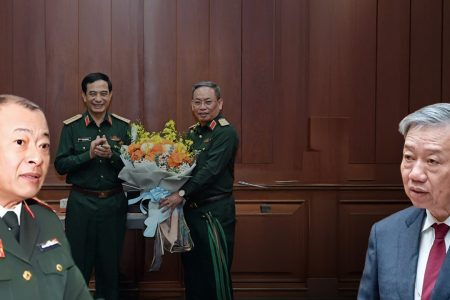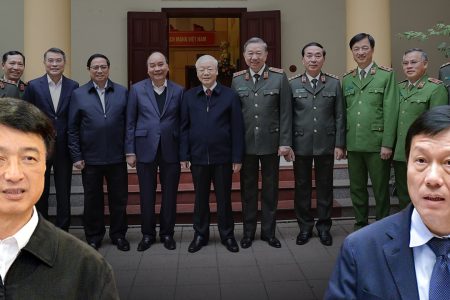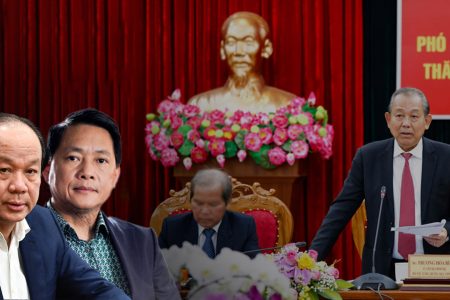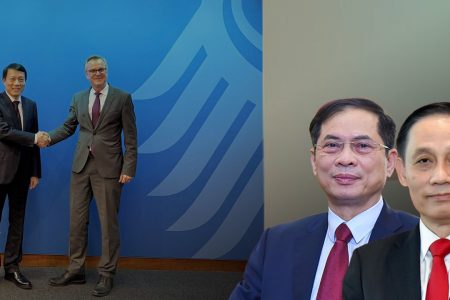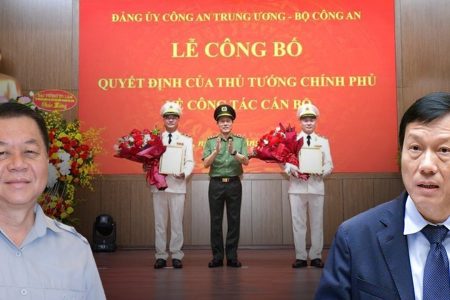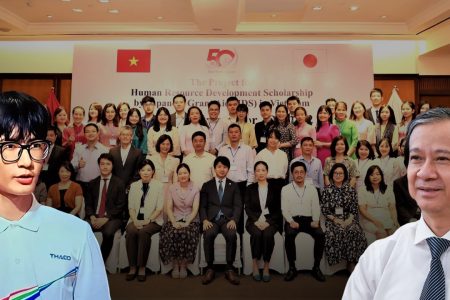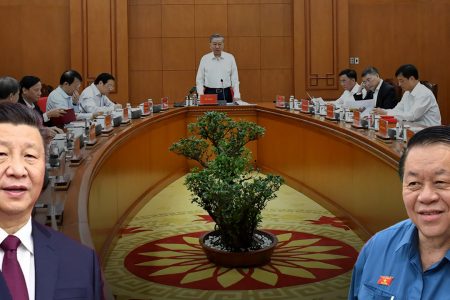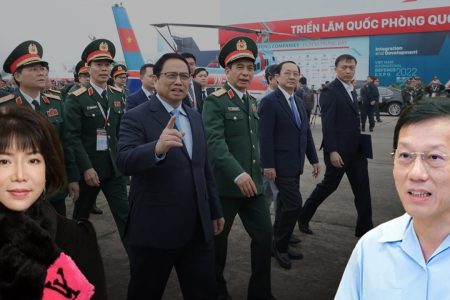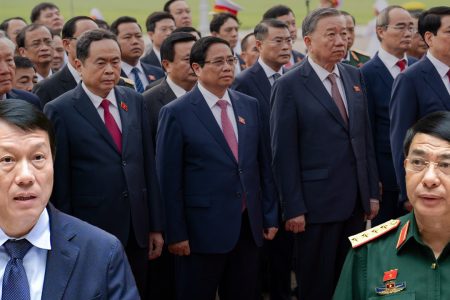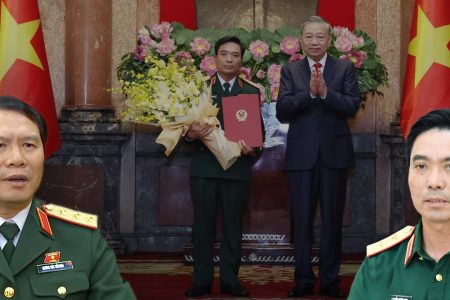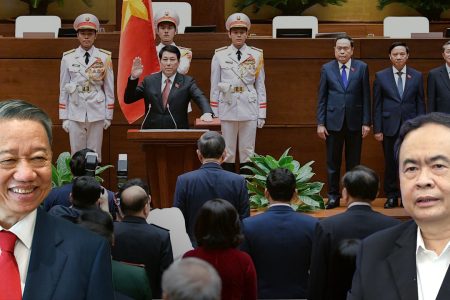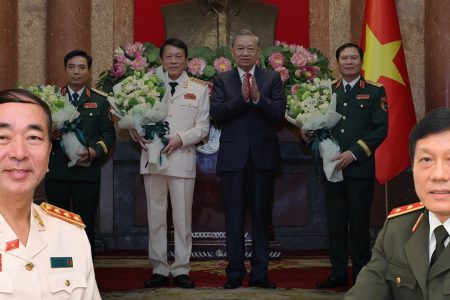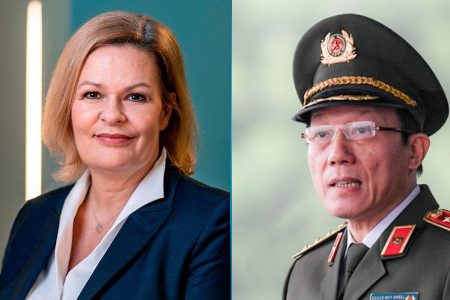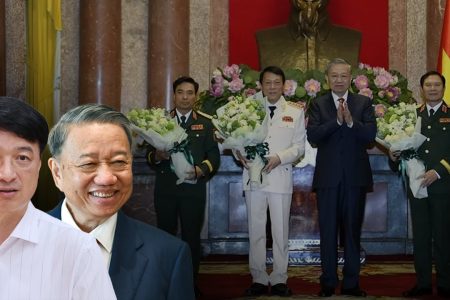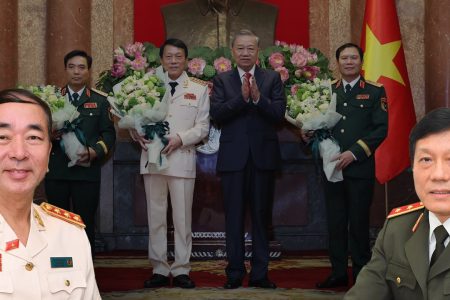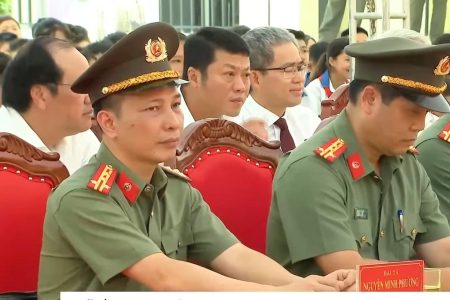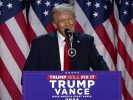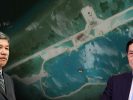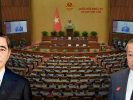
Leading US chipmaker Intel, and other foreign companies operating in Vietnam, are concerned that the stringent measures are prolonged in response to the COVID-19 pandemic in Ho Chi Minh City may discourage investment in the Southeast Asian country.
Representatives of foreign companies met with the government of Ho Chi Minh City, which is the epicenter of the country during the worst outbreak of the pandemic, on August 20, just days before the largest city in the country imposes more stringent measures on the presence of the military to enforce the “who stays where is where” order.
Photos on media and social networks show that police and armed troops are already present in HCM City when the city begins to implement more drastic blockade measures from August 23 until September 15 at least according to a directive issued from the government in Hanoi on August 20 while the number of infections and deaths from COVID continues to increase.
From August 19, Vietnam began to record the number of infections in a day reaching over 10,000 people and the number of deaths reached a record, 737, on August 22, according to statistics of the Ministry of Health.
The purpose of the meeting on August 20 was for manufacturing enterprises like Intel to share the challenges they are facing in order to stay afloat, Ho Thi Thu Uyen, Intel’s foreign affairs director in Vietnam and Malaysia, told Nikkei Asia on August 21.
“We not only raised concerns but also presented solutions to city leaders as practical recommendations instead of keeping [current measures] until September 15,” Ms. Uyen told Nikkei, and said that the financial burden for employee housing is one of the major challenges.
Intel Products Vietnam, a local unit of the group, operates a test and assembly plant in the Saigon Hi-Tech Park in HCM City. According to the local government’s COVID-19 prevention regulations for manufacturing enterprises, “1,870 workers must stay at hotels near the factory,” Uyen said. She told Nikkei that this costs the company an additional VND140 billion a month and that if the company continues to pay for this after September 15, “it will not only directly affect the budget, but also the budget as well as the whole production plan.”
Businesses, including many suppliers to US global companies, are required to apply the “3 places” and “one road, two places” which means only one route for concentrated transportation of workers from the place of production to the place of residence, including a hotel or dormitory.
Jabil Vietnam, the Vietnam facility of the US-based manufacturing services company, has the same concerns as Intel. The company, according to local media, said that many of its business partners have shifted orders to other countries such as China and Singapore due to the high costs of implementing these restrictive measures.
The wave of outbreaks is said to be spiraling out of control in Vietnam as the Delta variant disrupts production in many industries, including apparel, footwear and electronics manufacturing in Vietnam, disrupting the global supply chain. Vietnam has one of the lowest mortality rates in Asia because its vaccine program is hampered by the government’s delay in purchasing the vaccine. To date, less than 2% of Vietnam’s 98 million people have been fully immunized.
“Tens of thousands of businesses have had to suspend production. Hundreds of thousands of workers have lost their jobs,” Vice Chairman of the Ho Chi Minh City People’s Committee, Vo Van Hoan, said at a meeting on August 20. “If there is no timely solution, the risk of production chain disruption is very large.”
Concerns of the foreign business community are heightened by the possibility that blockade measures may last beyond September 15 as infections continue to increase rapidly, according to Nikkei. HCM City alone accounts for more than half of the infections and two-thirds of the country’s deaths.
Chairman of the Ho Chi Minh City People’s Committee Nguyen Thanh Phong, at a meeting on August 20, urged foreign businesses to “be patient and put their faith in the city’s policies to combat the pandemic.” However, on the same evening, Mr. Phong was “dispatched” to Hanoi by the Politburo of the Communist Party to hold the position of Deputy Head of the Central Economic Commission. The American Chamber of Commerce in Vietnam said on its Facebook page after Phong was removed from his position as chairman of the Ho Chi Minh City People’s Committee that “he is clearly trying his best to protect the health and safety of the people of Ho Chi Minh City while maintaining the best possible level of business and livelihood activities,” according to Nikkei.
In response to the perceived risk of “chaos” caused by the pandemic in the southern region, Vietnam’s National Assembly last month passed a resolution allowing Prime Minister Pham Minh Chinh and the government to has the power to make quick decisions during the pandemic to control the coronavirus outbreak.
Thoibao.de (Translated)



